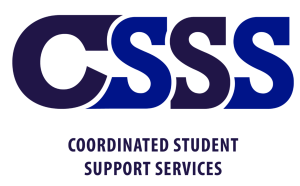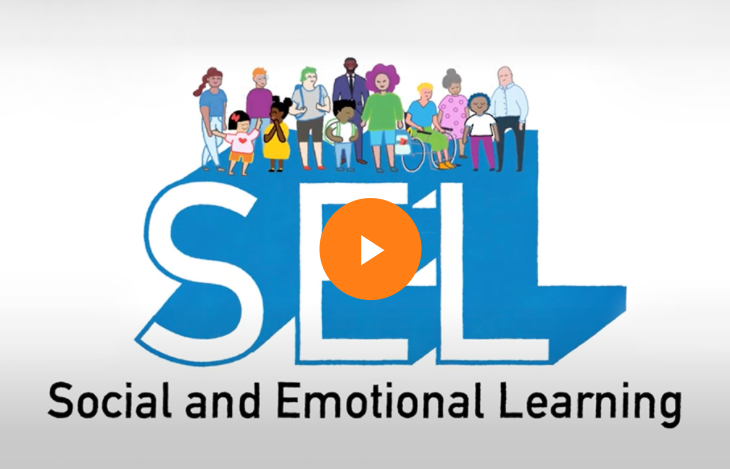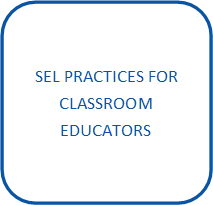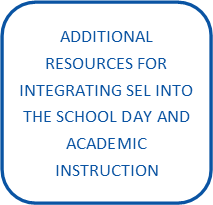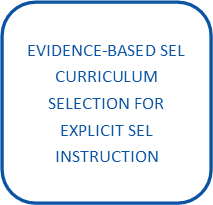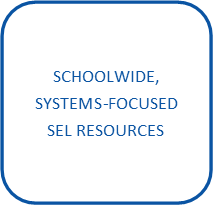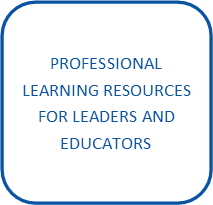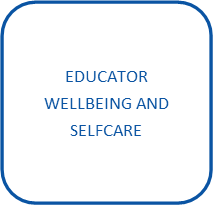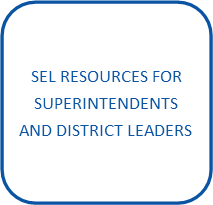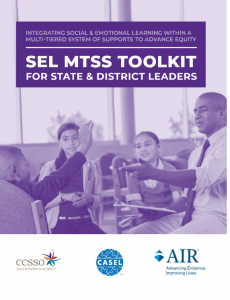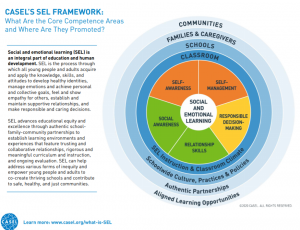Social Emotional Learning
SEL is . . .
Social and emotional learning (SEL) is an integral part of education and human development. SEL is the process through which all young people and adults acquire and apply the knowledge, skills, and attitudes to develop healthy identities, manage emotions and achieve personal and collective goals, feel and show empathy for others, establish and maintain supportive relationships, and make responsible and caring decisions.
SEL advances educational equity and excellence through authentic school-family-community partnerships to establish learning environments and experiences that feature trusting and collaborative relationships, rigorous and meaningful curriculum and instruction, and ongoing evaluation. SEL can help address various forms of inequity and empower young people and adults to co-create thriving schools and contribute to safe, healthy, and just communities.
CONTACT:
Jessie Coffey: Director, Whole Child Program
Phone: 402-419-3205
Email: jessie.coffey@nebraska.gov
NDE Social and Emotional Learning Resources for Educators and Leaders
This resource bank also offers accessible, relevant tools for classroom educators and leaders, that may require slightly more planning, or be best explored as a team during professional learning. Each resource has a brief description and direct links to particularly helpful tools within each resource are provided as “Highlights.”
Benefits of SEL
Research confirms and teachers, parents, and principals agree: Social and emotional competencies can be taught, modeled, and practiced and lead to positive student outcomes that are important for success in school and in life.
Decades of research studies demonstrate the following benefits of SEL:
Improvement in students’ social and emotional skills, attitudes, relationships, academic performance, and perceptions of classroom and school climate
Decline in students’ anxiety, behavior problems, and substance use
Long-term improvements in students’ skills, attitudes, prosocial behavior, and academic performance
Wise financial investment according to cost-benefit research
Learn more about CASEL’s research-practice-policy partnership approaches that advance ways that SEL supports equitable learning environments and optimal developmental outcomes for diverse children, adolescents, and adults.



